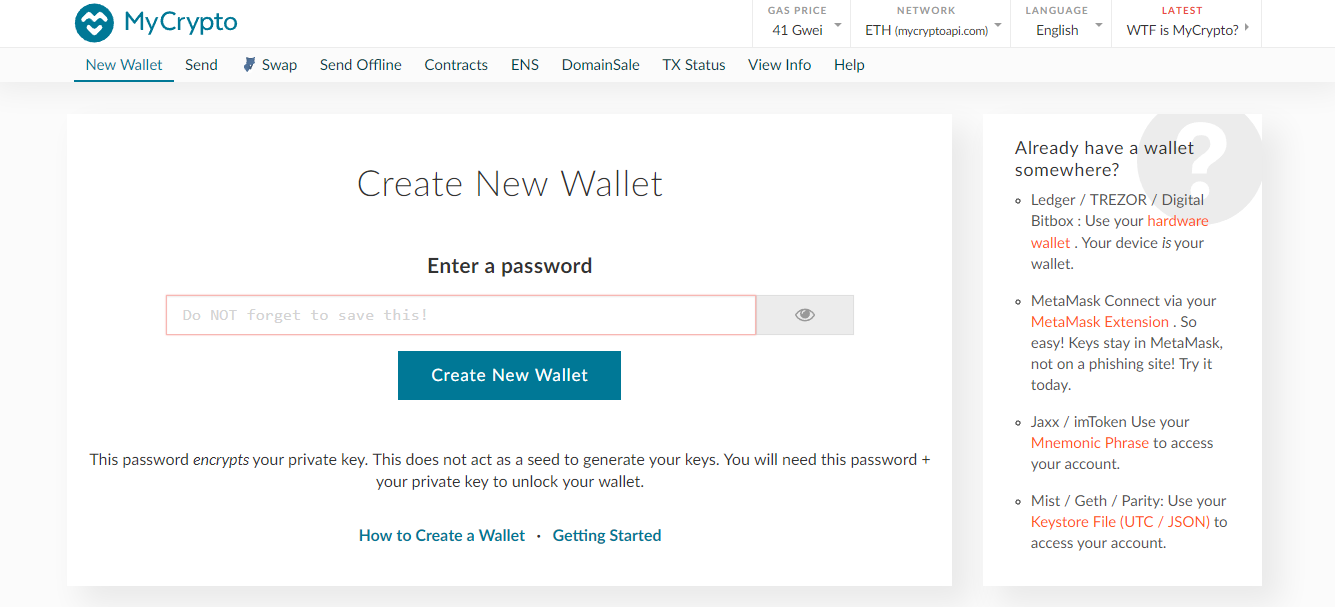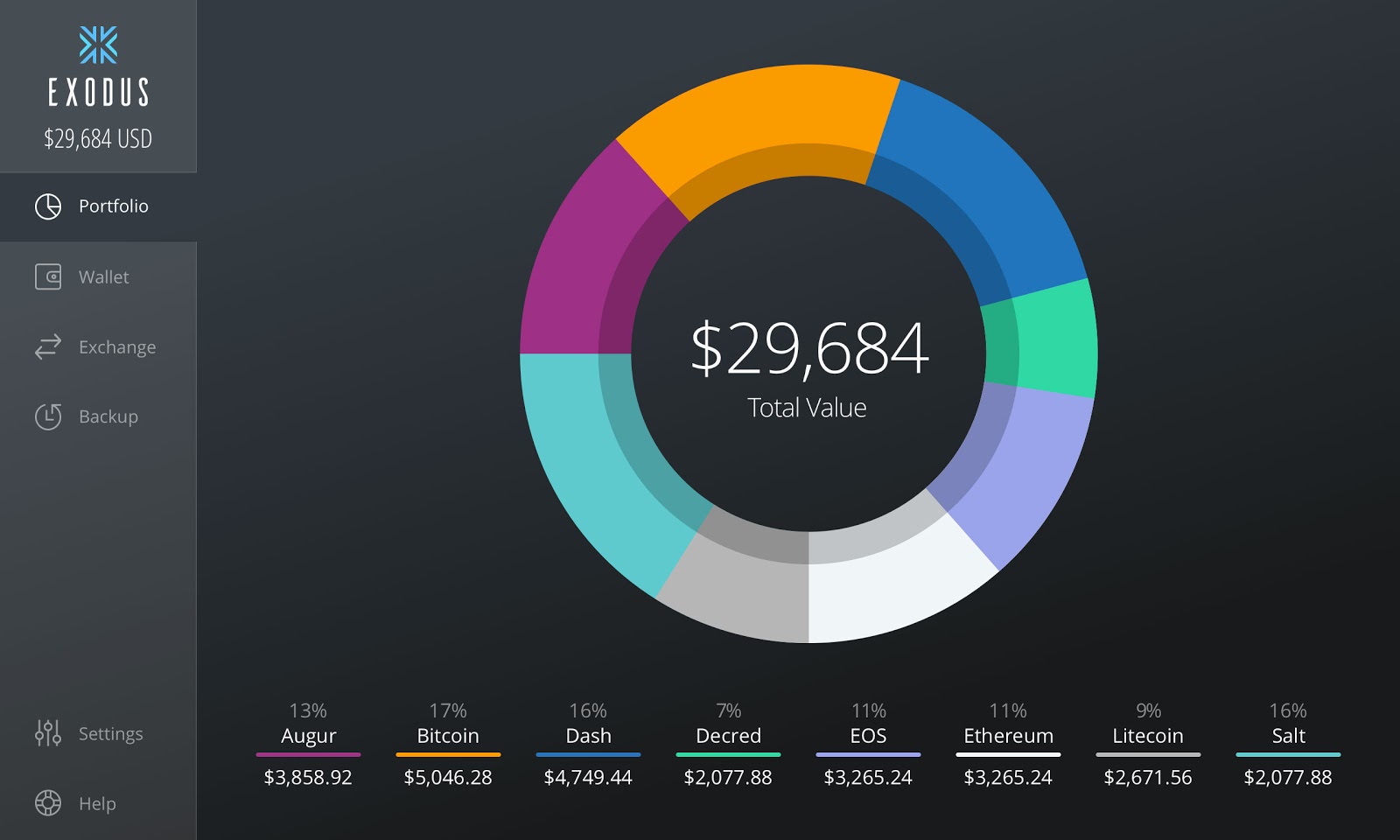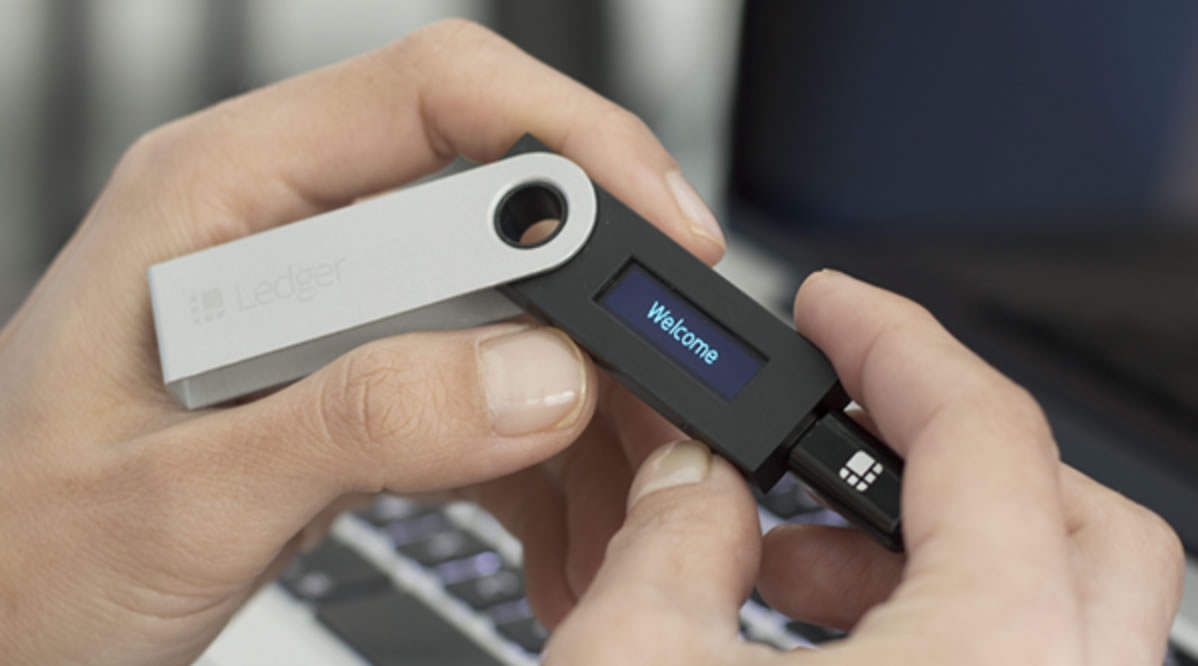Crypto Wallets 101: How To Store Cryptocurrency

Share this article
Crypto wallets are necessary for getting into Bitcoin, or any other digital asset. Before you consider trading cryptocurrency on an exchange or buying cryptocurrency from a broker, you’ll need to understand what a cryptocurrency wallet is and how it works. A cryptocurrency wallet consists of two elements— a private key and a public address.
A cryptocurrency holder uses their private key to access their wallet. This private key is all that is needed to access a wallet, so if it falls into the wrong hands, it’s likely that the funds it contains will disappear forever. A public address is provided to other cryptocurrency users in order to receive funds, and is generally provided as text or as a QR code.
Cryptocurrency wallets are specific to the cryptocurrency that is stored inside them. Put simply, a cryptocurrency wallet allows a crypto holder to “become their own bank”. It’s important to remember, however, that becoming your own bank leaves you responsible for the security of your own capital.
We’ll proceed to explain how wallets work and recommend some easy to use solutions for storing Bitcoin, Ethereum, and other cryptocurrencies.
Hot Wallets Vs Cold Crypto Wallets
Before launching into our recommendations, it’s important to make a distinction between “hot” wallets and “cold” wallets. Hot wallets are those used by online exchange platforms, and manage private keys on behalf of users. If you’re using a hot wallet, you’re trusting the security practices of your hot wallet provider— it’s best not to leave large amounts of capital in a hot wallet.
Cold wallets are wallet solutions that are not connected to the internet, or those that can be disconnected from the internet. These wallets commonly come in the form of either software wallets, which can be installed on a computer or smartphone, or hardware wallets, which are purpose-built secure devices for cryptocurrency storage. Hardware wallets are the most secure solution for storing cryptocurrency.
Bitcoin Wallets
Bitcoin wallets are relatively simple to set up and use, and come in many different forms. Coinbase, GDAX, and virtually all other cryptocurrency exchanges function as “hot” Bitcoin wallets.
Outside of a hardware wallet, software crypto wallets are the best way to store your Bitcoin. Mycelium is currently the most popular software wallet in the world, and is downloaded and installed on either an Android or iOS device. It’s important to remember, however, that your Mycelium wallet is only as secure as your smartphone— if your smartphone is compromised, so too are your Mycelium Bitcoin holdings.
Exodus is a new cryptocurrency wallet designed for desktop computers, and is rapidly becoming a highly popular software wallet solution. Exodus delivers a clean, aesthetically-pleasing UI, and presents users with a high-level breakdown of their crypto holdings at a glance.

Ethereum Wallets
MyCrypto is currently the most popular Ethereum wallet solution online. Forked from the original MyEtherWallet platform, MyCrypto was launched recently as a result of a schism in the MyEtherWallet development team. The original continues at MyEtherWallet.com.
MyCrypto operates in a different manner to the wallets outlined in this guide— instead of storing users’ private keys, it simply functions as an interface that allows users to interact with the Ethereum blockchain. Private keys are handled by users, delivering full control over all capital at all times.
It’s also possible to use the aforementioned Exodus wallet to store Ethereum.

Hardware Wallets
Hardware crypto wallets are the most secure method of storing cryptocurrency. Instead of storing private keys on a computer or a smartphone, where they are susceptible to hacking attacks, hardware wallets keep private keys secure on a dedicated device and never reveal them— even to the user.
There are currently two hardware wallets dominating the crypto market at this time— the Ledger Nano S and the Trezor.
The Ledger Nano S is one of the most cost-effective hardware crypto wallets on the market today, and is complete with a small OLED screen that can be used to confirm transactions and view balances. Each Nano S is complete with two hardware buttons that are used to confirm transactions, adding another layer of security.
The Trezor is similar to the Ledger Nano S, but boasts a slightly larger screen and more complex security architecture. Like the Nano S, the Trezor is complete with two hardware buttons.

So What’s The Best Crypto Wallet Solution?
Ultimately, the best solution for trading and holding cryptocurrency is a combination of hot wallets and hardware wallets. Move cryptocurrency from your hardware wallet to a “hot” exchange wallet when trading, and move it back when it’s not in use.
As the price of a hardware wallet is typically less than $100, it’s a small price to pay for the security of your cryptocurrency holdings.


